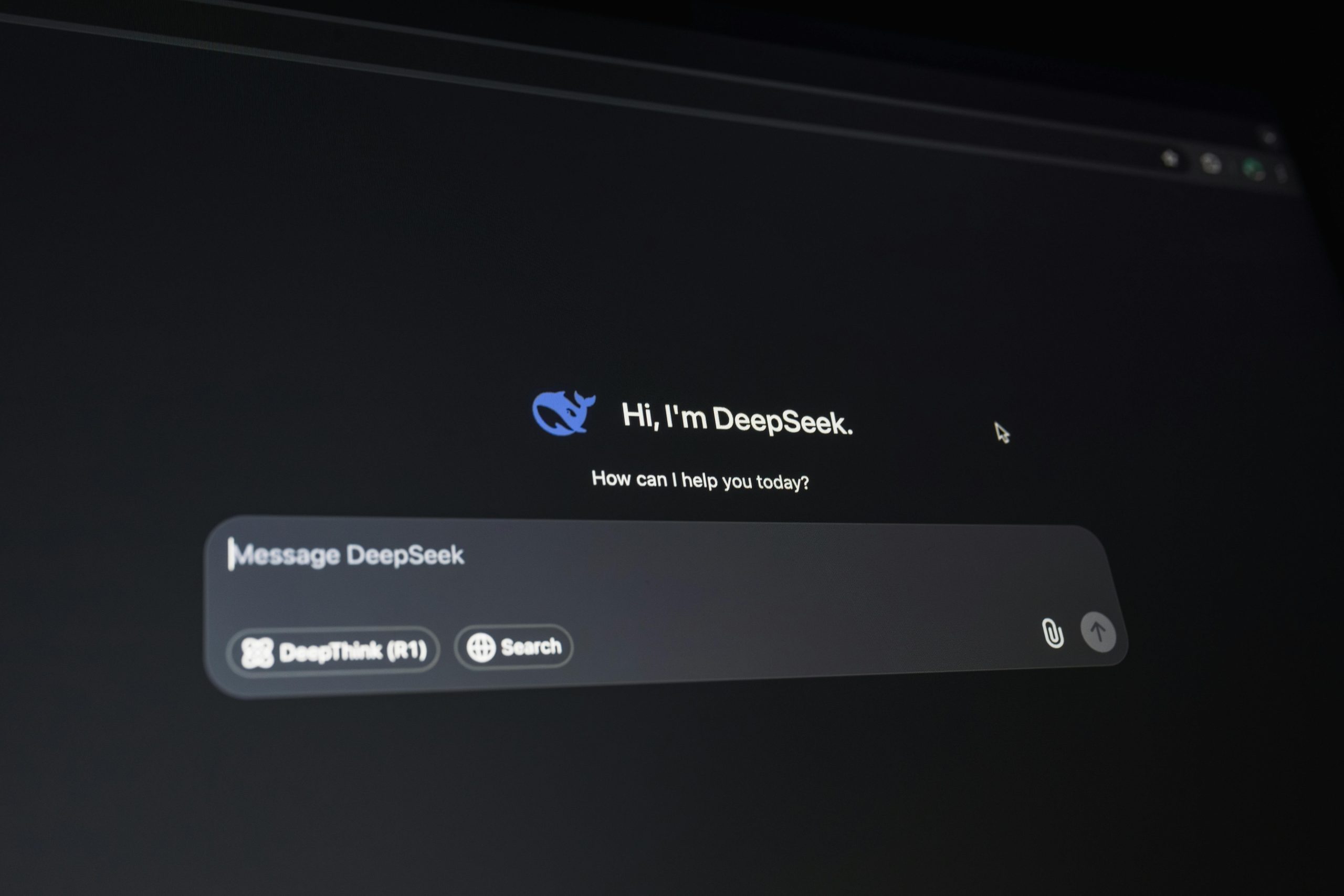I believe that artificial intelligence will not contribute to the spread of misinformation.
Will AI Worsen the Disinformation Crisis? A Closer Look
As the integration of artificial intelligence continues to evolve, a common concern has emerged: will AI amplify the spread of misinformation and disinformation? Many believe that as AI-generated content becomes more prevalent, the flood of inaccurate or misleading information could escalate, making it even harder to discern truth from fiction.
This perspective largely stems from observing the explosion of AI-crafted content across social media platforms. Given the vast volume of AI-generated “junk,” it seems logical to assume that the problem of disinformation will grow exponentially. However, I question whether this is truly the case.
Consider the typical social media user’s browsing habits. Whether you’re scrolling through TikTok or another platform, most individuals hit a certain ceiling—say, 100 to 150 short videos—regardless of how much content is available. Introducing AI-generated videos doesn’t necessarily increase the quantity of content consumed, merely its origin. In essence, the volume of content you see remains fairly consistent; it’s just that some of it might be AI-produced.
Furthermore, the existing scale of human-generated disinformation is already staggering. Over the years, we’ve encountered countless falsehoods, hoaxes, and inaccuracies—so much so that adding an additional petabyte worth of AI-produced disinformation may not significantly alter our exposure. Our algorithms and consumption patterns tend to filter this content without fundamentally changing the overall experience.
From a content consumption standpoint, the types of misinformation or biased content we tend to see are often driven by formats and presentation styles—such as sensational headlines or misleading clips—rather than solely the volume of content. For instance, edited clips circulating with provocative comments or memes can be more impactful than outright false statements, even if they aren’t entirely fabricated.
One valid concern is the possibility of deepfake videos of politicians or celebrities saying things they never did. While this is a genuine threat, I believe that in the context of the broader disinformation landscape, it may not represent a significant paradigm shift. Our media consumption habits are already saturated with a mix of entertainment, politics, and clickbait; the addition of more sophisticated doctored content might not fundamentally change what we perceive or believe.
In summary, while AI can undoubtedly produce convincing false content, its impact on the overall disinformation problem may be less dramatic than some fear. The ways we consume media, our cognitive filters, and the inherent volume of existing misinformation suggest that AI alone is not destined to be the primary catalyst for a misinformation avalanche














Post Comment